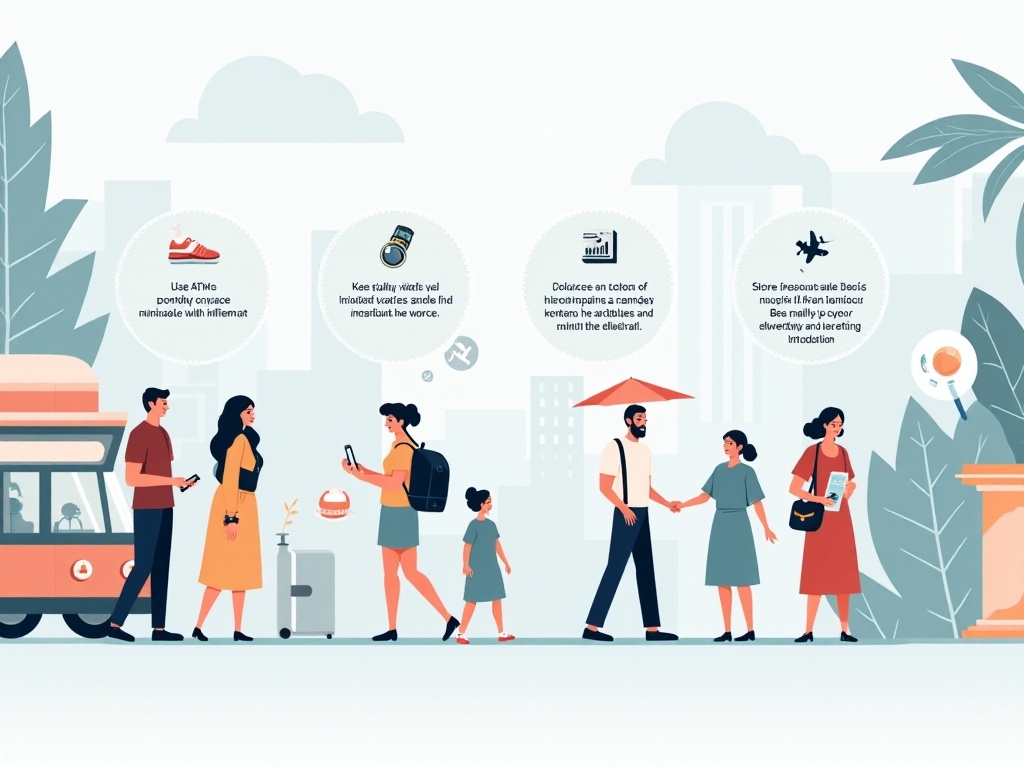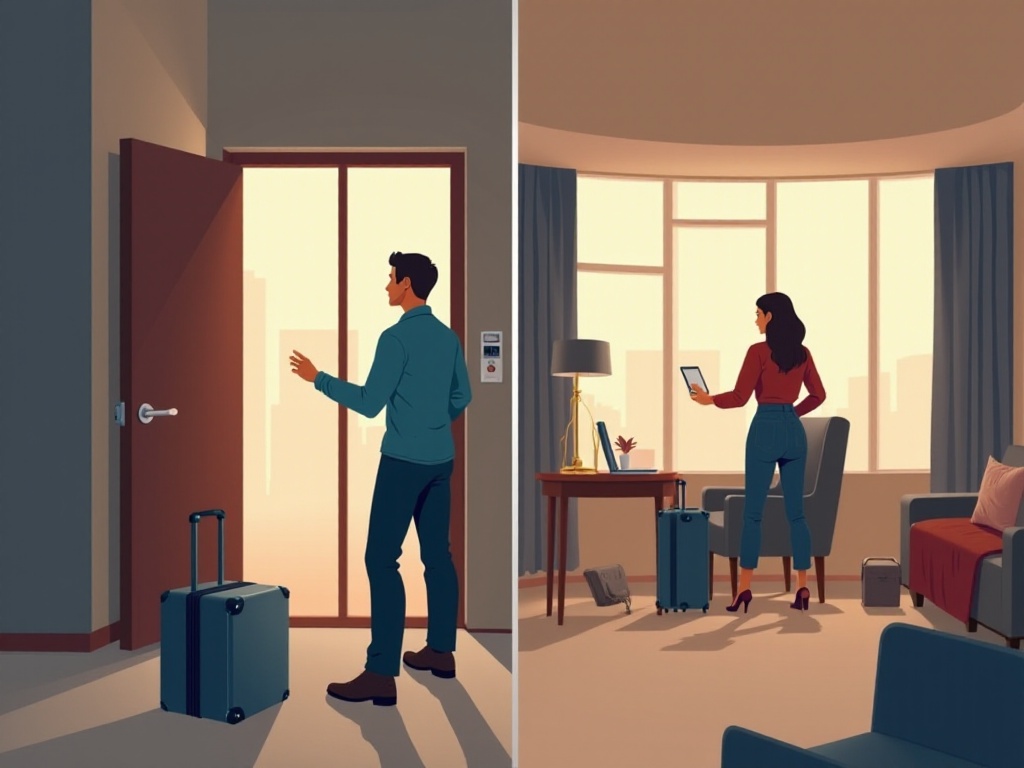
Opening Chat
As a travel expert who has been around the world, whenever I chat with friends about travel experiences, I'm often asked "how to travel safely while having fun." Honestly, I find this question quite interesting every time I hear it, because in my view, safe travel isn't particularly difficult. Through years of traveling, I've deeply realized that as long as you make adequate preparations, travel can be both relaxed and safe.
I remember my first solo international trip - I was also full of worries and anxiety. But with accumulated experience, I discovered that many safety issues during travel can actually be prevented and avoided. Today, I'll share with you the practical experiences and secret tips I've gathered from my adventures around the world. I believe after reading this article, you'll definitely master many useful safety tips to make your travel journey more comfortable.
Accommodation Wisdom
When it comes to travel safety, accommodation is absolutely crucial. I remember my first trip to Paris - I was too casual and didn't book a hotel in advance. As a result, at nearly midnight, I was still wandering the streets of Paris with a large suitcase, aimlessly looking for accommodation. That feeling of searching for a place to stay in an unfamiliar city late at night was both frightening and helpless. I encountered several suspicious-looking people on the street, which scared me quite badly. Finally, I found a small hotel that was still open, but the price was ridiculously expensive. Since then, I've set myself an iron rule: no matter where I travel, accommodation must be arranged in advance.
Now when booking accommodation, I pay special attention to certain key details. First, I always carefully read other guests' reviews, particularly focusing on safety-related feedback. For example, I pay special attention to whether anyone mentions problems like faulty room locks, poor sound insulation, or bad neighborhood security. Based on my years of experience, if there are more than three similar negative reviews, that accommodation needs careful consideration. After all, in an unfamiliar place, safety always comes first.
Besides reading reviews, I also use Google Maps to carefully check the hotel's specific location and surrounding environment. Through the street view function, you can "walk" the streets around the hotel in advance, see if there are important facilities nearby like convenience stores, subway stations, police stations, observe the overall environment of the streets, such as whether the street lights are bright enough, whether the streets are clean and tidy - these details can help you understand the safety level of the accommodation environment in advance.
When choosing specific rooms, I also have some personal preferences. If staying in a hotel, I usually request rooms between the third and tenth floors. This height both avoids the risk of external entry and allows for easy evacuation in emergencies. If choosing a vacation rental, I prioritize apartment buildings with security systems, and preferably properties directly operated by the owner, so help can be received promptly if problems arise.
The first thing after arriving at the accommodation is to check the room's safety facilities. I carefully check if the door locks are secure, if windows can open and close properly, and confirm the room's emergency exit signs and fire safety equipment. If any safety concerns are found, I immediately report them to the host or hotel, and request a room change if necessary.
Additionally, I've developed a habit of taking photos with my phone of the room number and floor every time I check in somewhere new, in case I forget. In an unfamiliar environment, this small habit can help you avoid many unnecessary troubles. At the same time, I also record the hotel's specific address and contact number, so if I get lost while out, I can call for directions or take a taxi back.
Speaking of accommodation safety, another particularly important point is to remain vigilant at all times. Even when staying in the best hotels, don't be overly trusting of strangers. For example, if someone knocks on the door claiming to be hotel staff checking facilities, always verify their identity through the peephole first, and call the front desk to confirm if necessary. When sleeping at night, besides the regular door lock, it's best to add a door chain or portable door lock (this is one of my must-have travel items).
During your stay, also pay attention to protecting your belongings. Many hotels now provide safes, and I recommend making full use of them. Passports, spare cash, valuable jewelry, and other items you don't need to carry should be kept in the safe. When using the safe, set a password that's easy for you to remember but hard for others to guess, preferably avoiding number combinations like birthdays that are easy to predict.

Documents Are Essential
Speaking of document safety, I must mention my unfortunate experience abroad. It was one afternoon in Venice, while I was taking photos in St. Mark's Square, my wallet containing my ID and credit cards was stolen in a moment of carelessness. You can imagine how I felt at the time - I was absolutely frantic. Fortunately, I was prepared: I had properly saved copies and digital versions of all important documents, which helped avoid bigger troubles.
After that lesson, I became even more cautious about document management. Now my approach is this: for important documents like passports and IDs, I prepare three copies. One copy is carried with me for immediate needs; one is kept in the safe at my accommodation as backup; and the last one is stored in the cloud, so I can access it anywhere in the world.
Furthermore, I record all document numbers and expiration dates in my phone's notes and send a copy to my email. This way, even if documents are lost, getting replacements will be much easier. For credit cards, I record the overseas service numbers of the issuing banks, so I can immediately report loss or fraud if cards are lost or stolen.
An especially important reminder: never keep all original documents together. I usually keep my passport and other documents separate - for example, passport in my anti-theft bag and ID in the hotel safe, so if one bag is unfortunately lost, not everything is gone. Also, unless necessary (like checking in), I never let anyone hold my original passport.
When checking in, many hotels require passport copies. In these cases, I proactively provide my prepared copies rather than letting hotel staff take my passport away to copy. This not only protects my document security but also prevents the risk of document information being misused.
For document photos stored on electronic devices, I also take special precautions. Phone photos of documents are stored encrypted with separate access passwords. Additionally, I regularly clear sensitive information from devices, especially when preparing to return home.
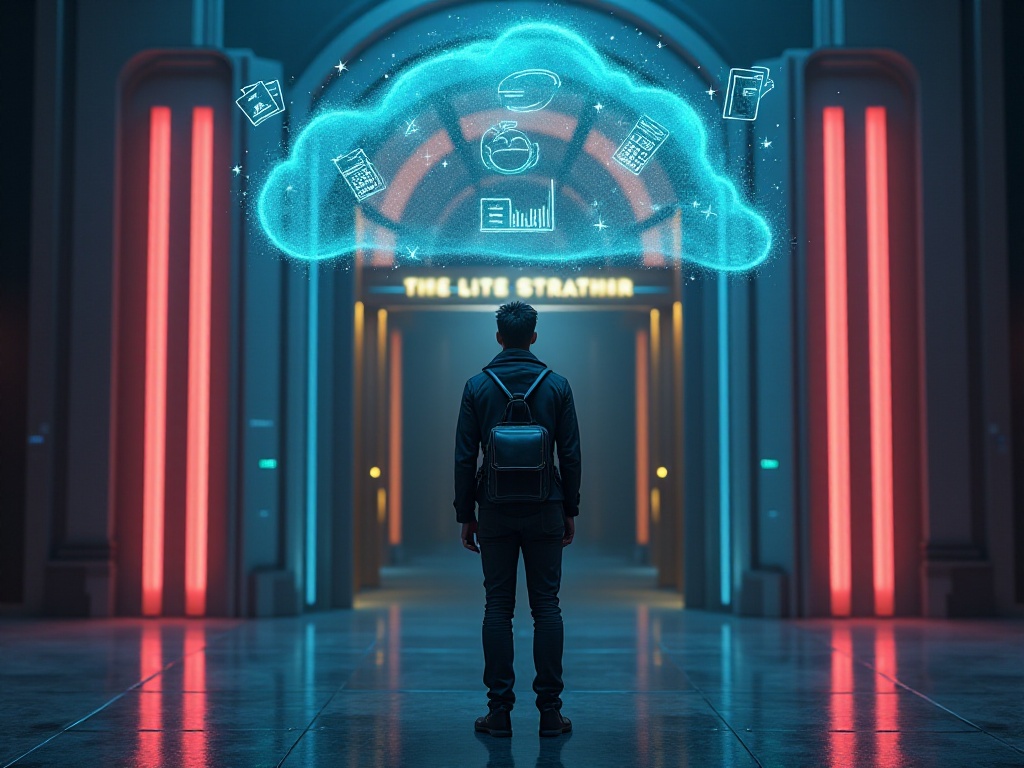
Personal Item Management
When it comes to managing personal items, my biggest insight is: simpler is safer. I remember when I first started traveling around the world, I always thought I might need this or that, resulting in carrying lots of bags every time I went out. Not only was it inconvenient to move around, but I often encountered situations where I couldn't find things or accidentally lost them. After several lessons, my principle now is: if it's not necessary, definitely don't bring it; if it must be brought, keep it well organized.
When choosing travel bags, I also went through many trials before finding the most suitable one. Now I especially recommend backpacks with front zippers that fit tightly against your back. This design effectively prevents theft because the bag opening is at the back, making it difficult for thieves to steal. I also suggest choosing dark-colored bags, preferably black or navy blue - too bright or flashy colors easily attract attention and increase the risk of theft.
Internal organization of the bag is also important. I use different colored storage bags to categorize items - for example, red bags for valuables, blue bags for electronic products, making it easy to find things. Also, I always put the most important items in the hidden pocket closest to my back, as this position is safest and least likely to be stolen.
I also have a particularly useful trick: putting a small bell in the bag. This method seems simple but is very effective. Whenever someone touches your bag, the bell will make a sound. This works especially well in crowded subways or bustling tourist spots. Once on Las Ramblas in Barcelona, it was because I heard the bell ring that I discovered someone trying to steal my bag in time.
When out and about, I also pay special attention to my appearance and dress. Try to avoid wearing too expensive clothes and accessories, don't dress yourself too much like a "wealthy tourist." I remember once in Milan, seeing a tourist with a designer bag and large gold chain being targeted by thieves. So now when I travel, I deliberately choose low-key, simple attire, which is not only comfortable but also reduces the risk of becoming a target.
I also have some special precautions when using public transportation. For example, on subways or buses, I always wear my bag on my chest rather than my back. In crowded carriages, this not only allows me to keep an eye on my belongings but also prevents people from opening the bag opportunistically. If taking long-distance buses or trains, I put valuables in the innermost clothing pocket and wear a coat over it, so I don't have to worry even if I fall asleep.
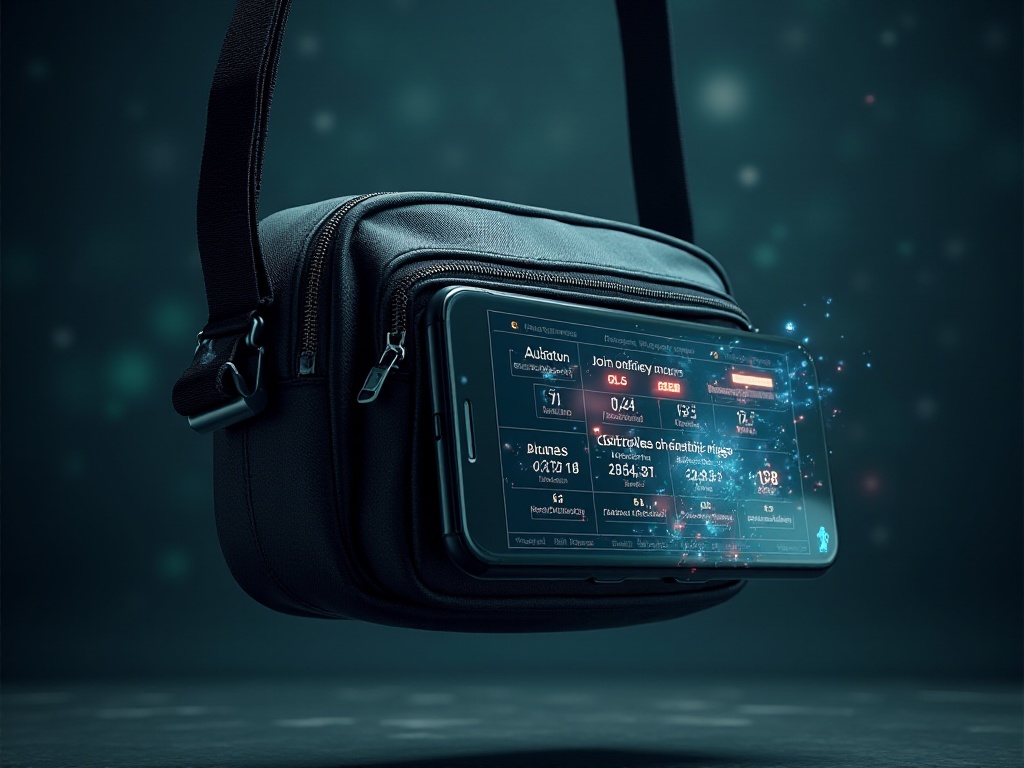
Personal Property Rules
Regarding property safety, I have an original "triple three" principle: cash should be divided into three portions, bring three credit cards, and prepare three payment methods. This method has proven reliable throughout my travel career, helping me turn danger into safety many times.
Specifically, I divide cash into three portions: one part in my wallet for daily small payments; one part hidden in a secret pocket of my carry-on bag as backup; and another part stored in the safe at my accommodation for emergencies. This way, even if I unfortunately lose my wallet, it won't cause too much financial loss.
Credit card management follows the same principle. I usually carry three credit cards from different banks: one for daily use in my wallet; one as backup kept with the backup cash; and another in the safe for emergencies. These three cards should preferably belong to different card organizations (like Visa, MasterCard, and UnionPay), so if one system has problems, other cards can still be used normally.
For payment methods, besides cash and credit cards, I also prepare mobile payments and e-wallets. Many countries now support mobile payments, with services like Alipay and WeChat Pay usable in many places. However, I still suggest carrying some cash, as some small shops or taxis might only accept cash.
When using ATMs, I also pay special attention to safety. First, I observe if there are any suspicious people or devices around the ATM, preferably choosing ATMs inside bank branches. When withdrawing money, use your body to shield the keypad to prevent others from seeing your PIN. After withdrawing, make sure your card is returned and the amount is correct before leaving, and it's best to put the money away immediately rather than counting it at the ATM.
When paying at shops, I also have some necessary precautions. When using cards, always ensure the card stays within your sight to prevent duplicate charges or fraud. When shopping online, only enter bank card information on trusted websites, preferably using payment methods that support two-factor authentication.
For traveler's checks, although fewer people use them now, they're still useful in certain situations. If planning to use traveler's checks, be sure to record the check numbers and store them separately from the checks. Sign them in front of bank staff to prevent misuse.
Additionally, I have a small habit of counting my daily expenses and remaining funds every evening. This helps detect problems promptly and helps control travel budget. I record every expense on my phone, which also makes it easier to organize accounts when I return.
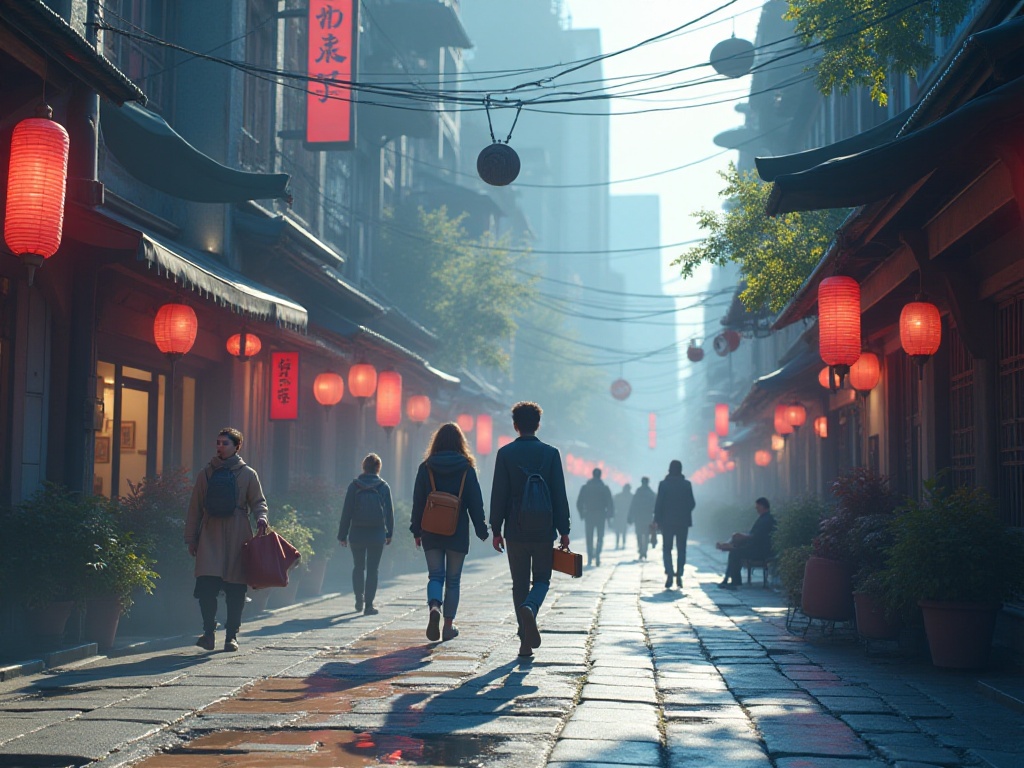
Outdoor Safety Experience
Safety issues while sightseeing are perhaps the most easily overlooked yet most problematic aspects. Through many years of travel, I've summed up an easy-to-remember rhyme: "Be alert when strangers approach, don't be greedy for free lunches, be moderate with drinks and beverages, don't wander into dark alleys." These simple lines contain many practical safety tips.
First, let's talk about dealing with strangers. At tourist spots, you often encounter strangers who initiate conversation - some genuinely want to help, but others have ill intentions. My advice is to maintain appropriate vigilance, especially when someone appears overly enthusiastic or offers to take you somewhere. I remember encountering scammers in Rome who used the banner of "free tours." They initially said it was free to show you around attractions, but in the end demanded payment for various reasons, even using threatening tactics. So I especially remind everyone now: there's no such thing as a free lunch - firmly refuse in such situations.
When visiting attractions, also pay special attention to preventing theft and scams. Some famous tourist spots are often crowded, with many pickpockets and scammers. My advice is: only carry necessary cash and one credit card, better keep other valuables in the hotel safe. Secure cameras and phones with straps, don't casually put them in outer pockets. Also pay attention to your surroundings when taking photos, don't become so focused on photography that you ignore your personal safety.
Regarding nightlife safety, I have more points to emphasize. First is drinking - you must be especially moderate in unfamiliar environments. My principle is: best not to drink if possible, and if you must drink, know your limits. Always watch your drink and don't accept beverages from strangers. If you feel unwell or begin to feel confused, seek help immediately.
Be cautious when choosing nightlife venues. It's best to learn about local nightlife spots through official channels, avoid places with unclear security situations. If traveling alone, best not to return to accommodation too late at night, choose main roads with more people, avoid secluded alleys. If feeling unsafe, call a taxi or use reliable ride-hailing platforms.
Traffic safety also needs special attention. In places with less strict traffic rules, be especially careful when crossing streets. Even with green lights, watch for passing vehicles. When taking taxis, better choose official taxi companies, note the license plate number before getting in, use phone navigation to monitor the route during the journey, and call police for help promptly if you notice the driver taking detours or behaving unusually.
When using public transportation, also pay attention to some details. For example, be especially vigilant against pickpockets in crowded places like subway or train stations. Stay away from platform edges while waiting for trains, watch your step when getting on and off, avoid accidents. For long-distance travel, better depart during daytime - not only can you enjoy the scenery along the way, it's also relatively safer.
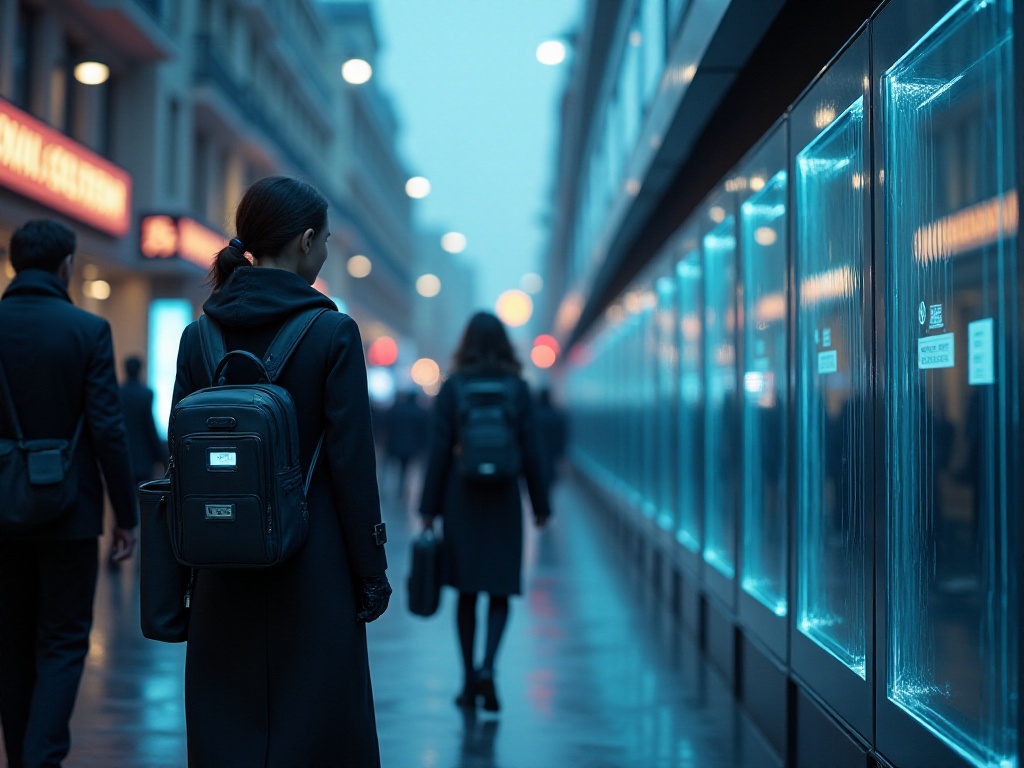
Emergency Plans
As the saying goes, better safe than sorry. In my view, making emergency plans is an essential preparation before each trip. First, I save local emergency contact numbers in my phone, including police, ambulance, fire department, embassy phones, etc. I also write these numbers in a small notebook I carry, in case my phone dies or gets lost.
Besides phone numbers, I also record insurance company contact information and policy numbers. Many travel insurance policies now provide 24-hour emergency assistance services, so you can get help promptly if accidents occur. I personally suggest definitely purchasing suitable travel insurance before departure - this not only provides protection for yourself but also gives family members peace of mind.
Every time I arrive at a new place, I first mark several important locations on the map: nearest police station, hospital, pharmacy, embassy, etc. I learn the specific locations and routes to these places in advance. Downloading offline maps is also a good method - this way you can find these important places promptly even without network access.
I also have a habit of maintaining regular contact with family. Send a message every evening to report safety, tell them where I am and where I'm staying. If plans change, also notify family promptly. This not only reassures family members but also helps them know where to start looking if any accidents really happen.
Before departure, I also learn about the basic medical conditions at the destination. If you have special medical needs, prepare relevant medications and medical documents in advance. These documents should preferably have English versions, noting important information like your blood type and allergy history.
Conclusion and Outlook
After reading so many safety tips, you might feel that traveling seems very troublesome, with too many things to prepare and pay attention to. But actually these preparations won't affect the joy of traveling - on the contrary, it's precisely because we're fully prepared that we can more comfortably enjoy the happiness that travel brings.
As I often say: spending some time on preparation to ensure a safe journey is really worth the investment. When you turn these safety measures into habits, you'll find they're not troublesome at all, but rather make your travel more relaxed and enjoyable.
Everyone has their own unique travel experiences and safety insights - if you also have good suggestions, welcome to share them in the comments. After all, sharing and communication make our travels more colorful. Next time we can talk about how to meet interesting friends while traveling, making the journey more wonderful. Remember, safety is just the foundation - the real joy of travel lies in encounters and discoveries.
Next
Essential Safety Guide for Solo Female Travelers in 2024: From Hotel Booking to Scam Prevention
A comprehensive guide covering travel safety aspects including accommodation security, personal belongings protection, and behavioral safety. Provides practical advice on lodging preparation, valuables management, document security, and scam prevention for travelers
Safety Guide for Solo Female Travelers Abroad: A Veteran Travel Blogger's 10 Years of Experience
A comprehensive travel safety guide covering pre-trip preparation, personal security, accommodation safety, and emergency readiness. Offers practical safety advice and best practices for travelers, from accommodation planning to fraud prevention
First Time Traveling to Japan Alone? Don't Miss These Essential Preparations! A Comprehensive Guide
A comprehensive guide covering essential travel safety preparations, including document management, luggage security, accommodation safety, and personal property protection, helping travelers minimize risks during their journey.
Next
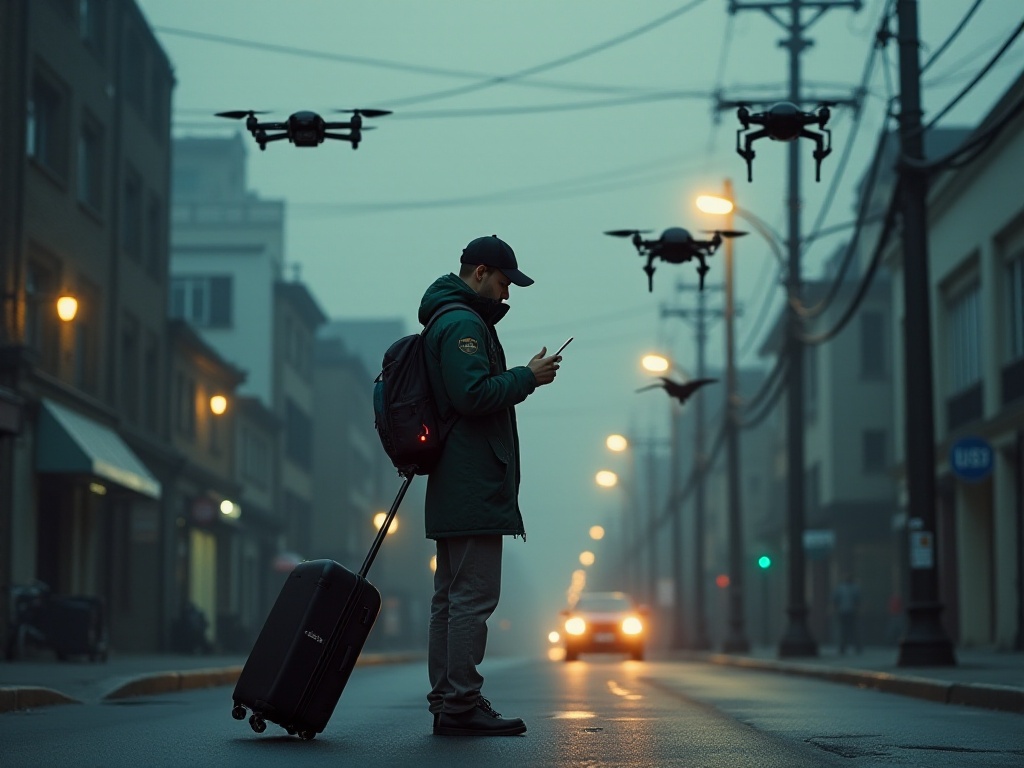
Essential Safety Guide for Solo Female Travelers in 2024: From Hotel Booking to Scam Prevention
A comprehensive guide covering travel safety aspects including accommodation security, personal belongings protection, and behavioral safety. Provides practical advice on lodging preparation, valuables management, document security, and scam prevention for travelers
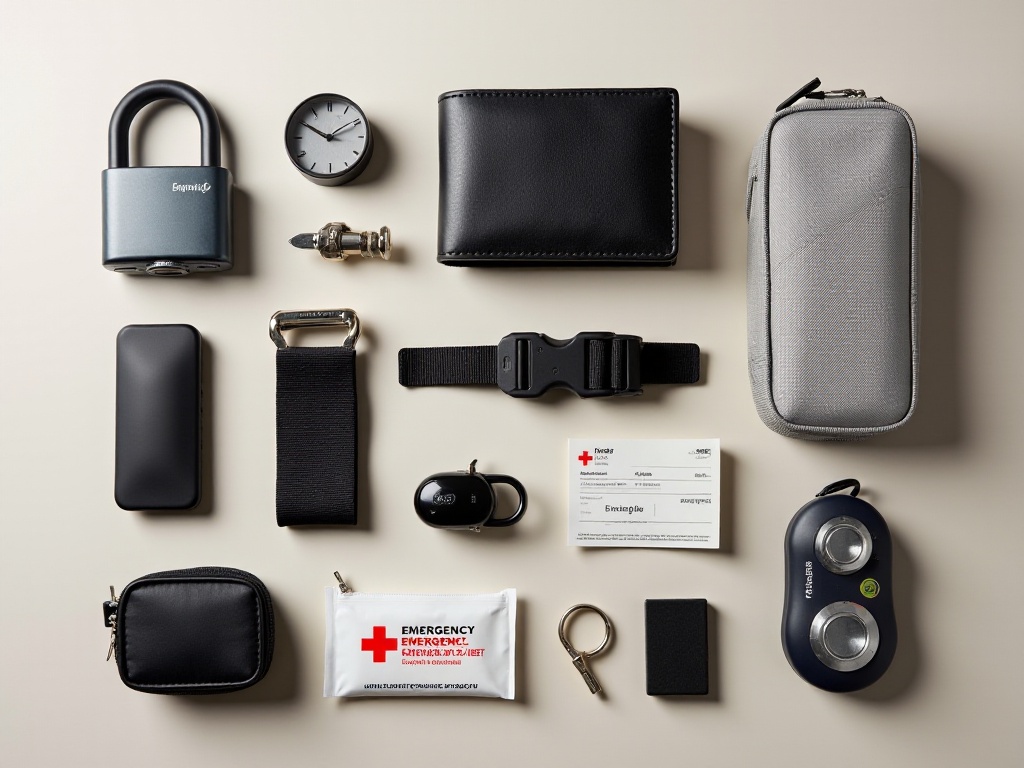
Safety Guide for Solo Female Travelers Abroad: A Veteran Travel Blogger's 10 Years of Experience
A comprehensive travel safety guide covering pre-trip preparation, personal security, accommodation safety, and emergency readiness. Offers practical safety advice and best practices for travelers, from accommodation planning to fraud prevention
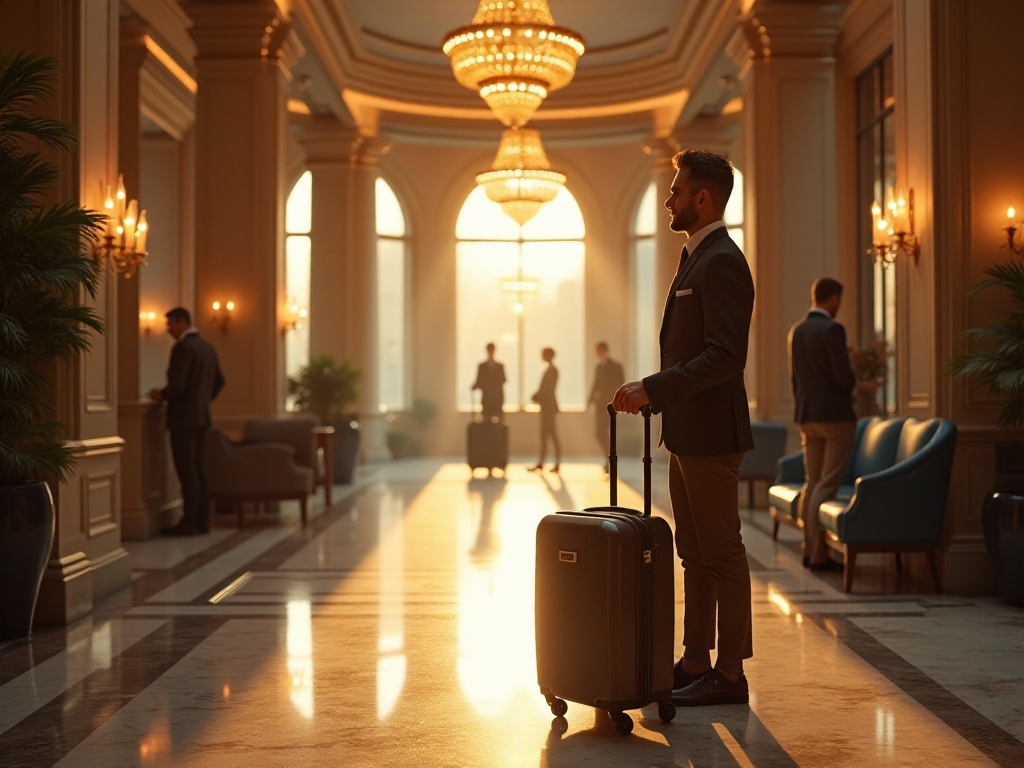
First Time Traveling to Japan Alone? Don't Miss These Essential Preparations! A Comprehensive Guide
A comprehensive guide covering essential travel safety preparations, including document management, luggage security, accommodation safety, and personal property protection, helping travelers minimize risks during their journey.

